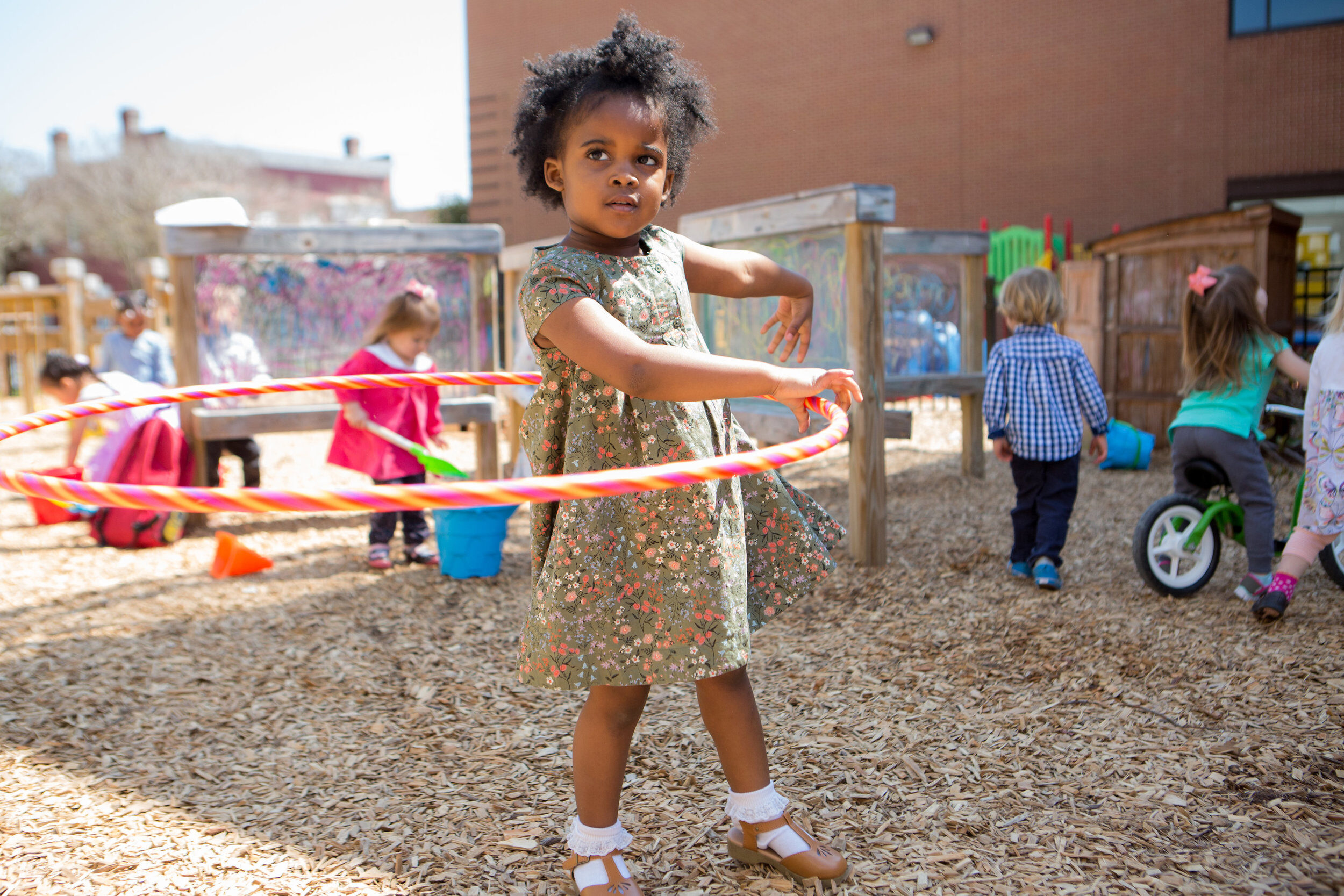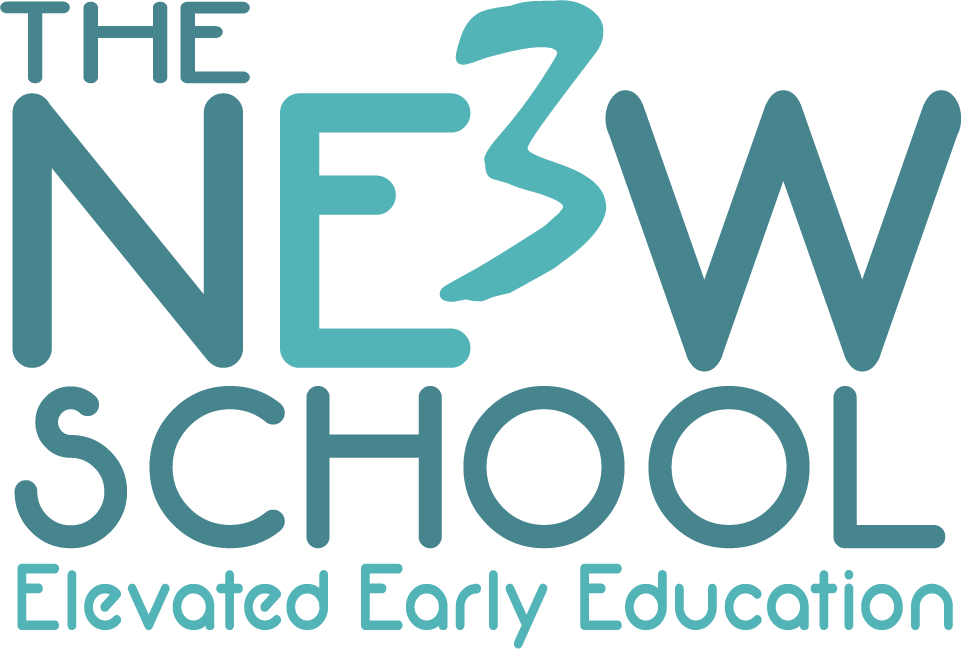Play is universal among most living species. Puppies, kittens, monkeys and fish play and children across all cultures and throughout the generations have played. Research proves that play has a significant role in the development of humans and animals alike. Among the many benefits of play are stress reduction and the promotion of social skills and cognitive development.
Unfortunately, unstructured play is becoming something of a lost art today. An increased focus on academic achievement, scheduled activities like sports, and technology have taken the place of free, child-centered, imaginative play. Changes in the family structure and parents’ fears of unsupervised outdoor exploration also add to the reasons children don’t play like they once did. No matter the reasons, the reduction in the amount of time young children spend in play is proving to be problematic.
The American Academy of Pediatrics is addressing this issue through research and recently published an article called, “Clarion Call to Encourage Play.” The article asserts that play is a natural tool for children to learn and cooperate with one another, problem solve, negotiate and develop resiliency. It is the way that children throughout the ages have learned how the world works. In a study of rats, it was found that play made the brain more adaptable later in life – especially with social skills and executive function (Pellis, Pellis, & Himmler 2014).
High quality early education programs use guided play in their instruction. Play-centered curricula allow children to direct and choose their own exploration within an environment set up by the teacher with a learning goal in mind. Playful interactions between children and adults create and support the development of social skills and provide an environment where healthy development and learning can occur. Guided play allows teachers to reinforce important skills without taking over, allowing a child to enjoy and engage in activities of their choosing. Guided and free play is especially important for vulnerable populations like children from low-income environments, those with disabilities or children who have experienced trauma and is more effective for learning language, word usage and vocabulary (Toub et al. 2016; Han et al. 2010).
While there is much to learn, it is clear that diminished play time both at home and in school is detrimental to the healthy development of young children and notable institutions like the American Academy of Pediatrics and the National Association for the Education of Young Children are carrying this research-based message about the importance of play to educators and parents. Read, “Clarion Call to Encourage Play” and “The Case of Brain Science and Guided Play: A Developing Story” here to learn more about the importance of play.
References:
Pellis, S.M., V.C. Pellis, & B.T. Himmler. 2014. “How Play Makes for a More Adaptable Brain: A Comparative and Neural Perspective.” American Journal of Play 7 (1): 73–98. http://files.eric.ed.gov/fulltext/EJ1043959.pdf.
Toub, T.S., B. Hassinger-Das, H. Ilgaz, D.S. Weisberg, K.T. Nesbitt, M.F. Collins, K. Hirsh-Pasek, R.M. Golinkoff, D.K. Dickinson, & A. Nicolopoulou. “The Language of Play: Developing Preschool Vocabulary Through Play Following Shared Book-Reading.” Manuscript submitted for publication, 2016.
« TNE3S WORKOUT OF THE DAY (WOD)Music & Math Activities to try at Home »



